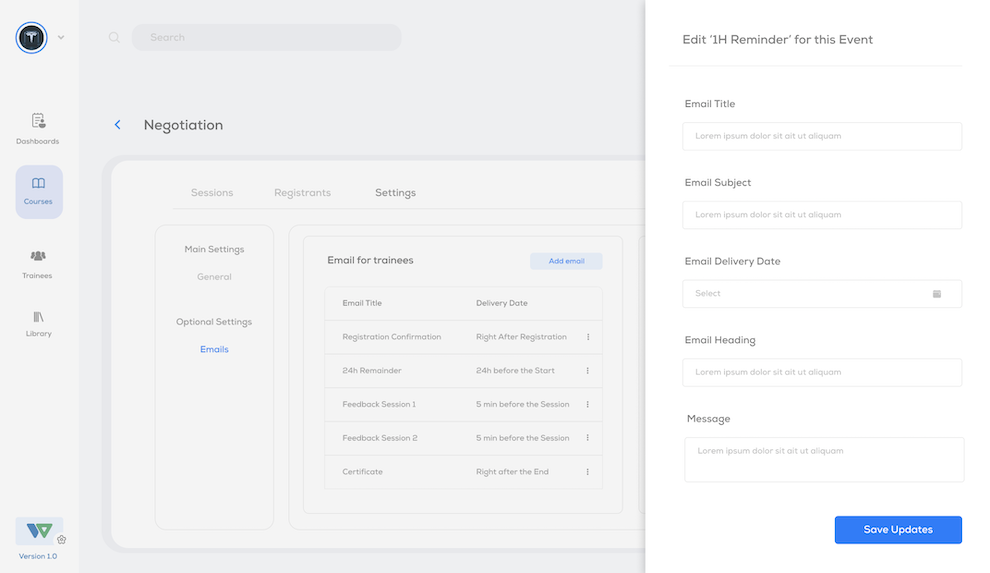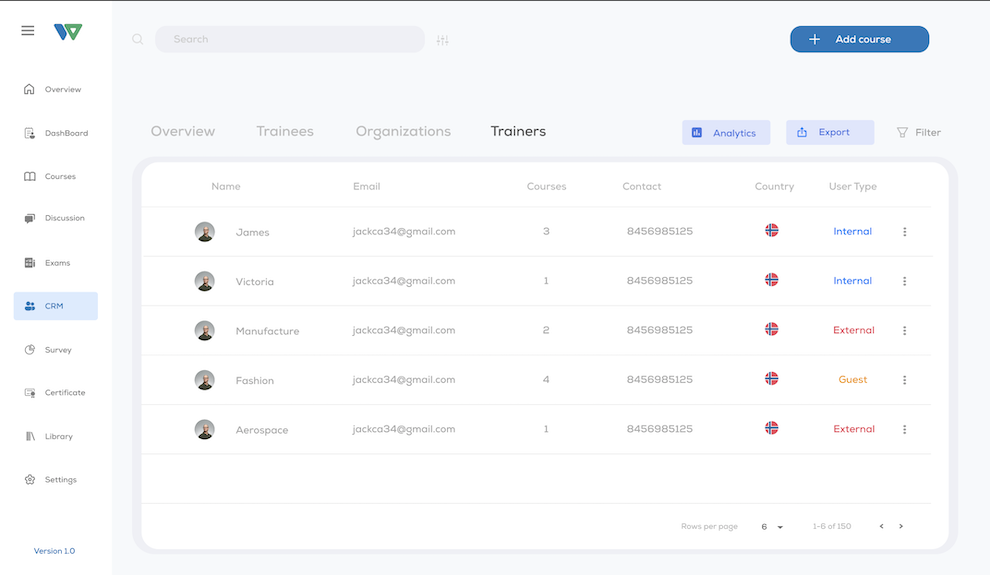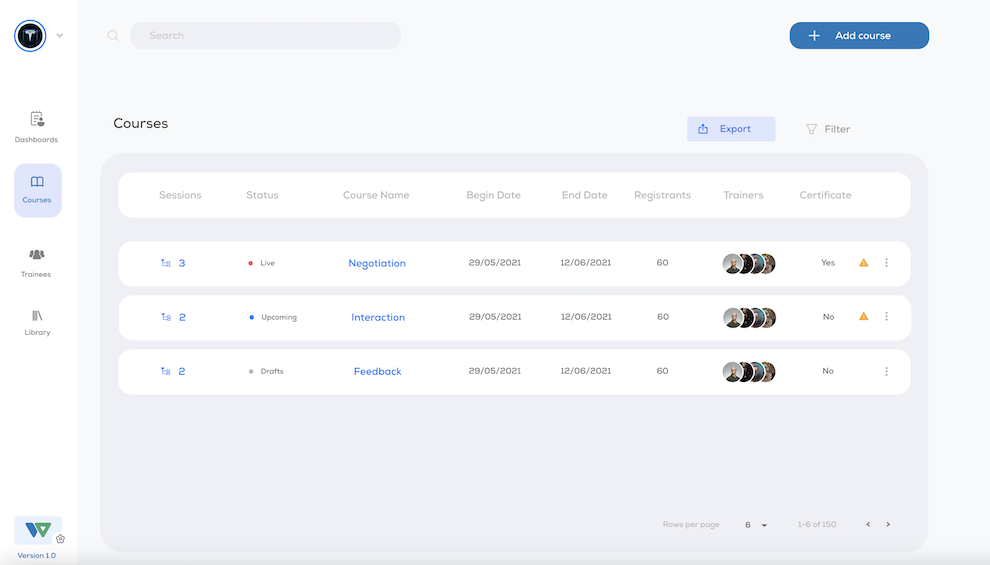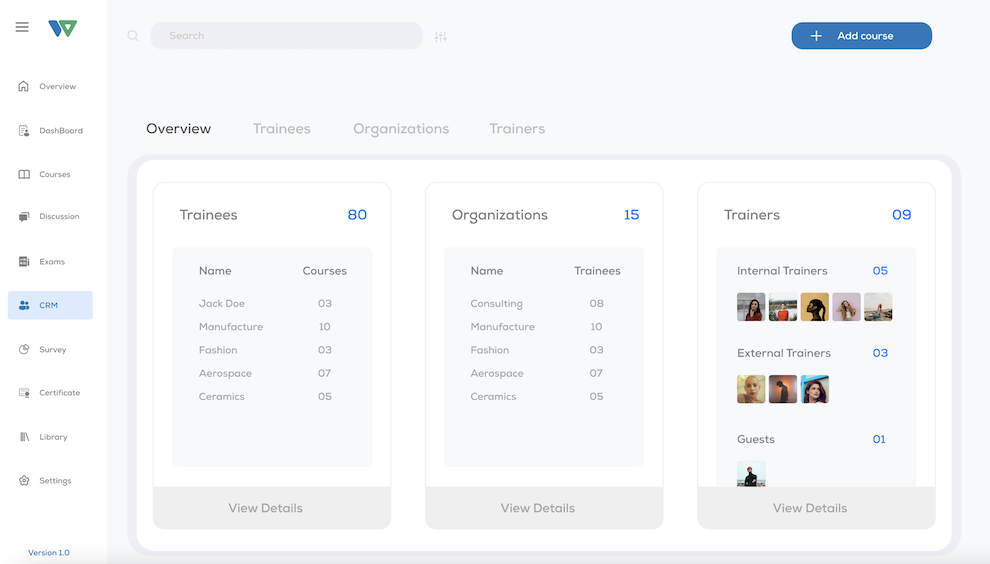5 ways Wyblo can help you get through this academic year
Distance learning has been implemented in different ways in every educational institution but communication and relationships between teachers and students are under strain.
Worldwide, universities, lecturers and students are facing a particularly difficult academic year. Distance learning has been implemented in different ways in every educational institution but communication and relationships between teachers and students are under strain. Although nothing can replace the value of face-to-face social relations, some technological tools can come to the rescue of the world of higher education, let’s see how.
- Getting where teachers’ eyes don’t
With distance learning, students and professors can interact via a bright screen, even if physically miles apart. Although the advantage that technology brings is undeniable, it is also true that the lack of direct observation of the class makes it difficult to interpret non-verbal languages, from which teachers can normally infer some fundamental aspects, such as the degree of understanding, interest and active participation. Thanks to its algorithm, Wyblo can collect students’ feedback making them available to the teachers through different dashboards. Through this fully automated process, professors can get closer to their students and obtain accurate information on students’ emotions, difficulties, and learning behaviour. - Providing insights about students’ characteristics
Professors are aware of how important it is to have a good knowledge of their audience. In a virtual context, the process of getting to know one’s students can be difficult but, thanks to its features, Wyblo can facilitate this process, despite distances. It allows teachers to collect some students’ psychological characteristics through a Big Five based personality test. This platform gives teachers the chance to distribute personalized questionnaires in order to collect further specific information, such as educational experiences, or interests, or anything they would like to know in order to improve the effectiveness of their course. - Enabling students to speak up
Attending a course via computer can either facilitate or discourage students’ active participation, depending on many factors related to each one’s personality. Wyblo gives the possibility to everyone to speak up: ask questions, ask for more explanations, give a personal opinion, let the teacher know that there are topics not included or that there is something one would like to deepen. As those comments can be provided anonymously, everyone has the chance to say even more, and more accurately, that he or she would say face to face. Moreover, through Wyblo students can express their opinion about the pros and cons of the way lectures are provided so that problems and solutions can be identified and courses can become more distance-friendly. - Enhancing active participation and dialogue
Everyone learns better if actively involved in the topic of the lesson. In a virtual context, professors may find it difficult to push students to express their point of view about a certain topic, or to participate in a debate. On the other hand, it may be difficult for the teacher to manage the whole conversation via a screen, and some students may feel more comfortable in hiding and not saying anything at all, completely avoiding participation. Wyblo comes in help to all these issues. Through personalized surveys, professors can collect students personal opinions and then show and comment on them in class. This also generates a sense of importance in everyone and a sense of group, both very important in an effective learning process. - Supporting interaction between students
Learning is a social process, and it happens not only between the teacher and the group of students but also and especially in between them. Talking with friends and classmates makes it easier when it comes to obtaining information, solving problems, and seeing if you feel the same as others about the course. In distance learning, most of this is lost, and feelings of isolation, frustration and demotivation lead to negative consequences on learning quality. Wyblo allows both teachers and students to monitor students’ perceptions of social interaction quality. As of this awareness, everyone can react and try to encourage interaction, and especially the teacher can encourage peer interaction, through particular educational activities.








